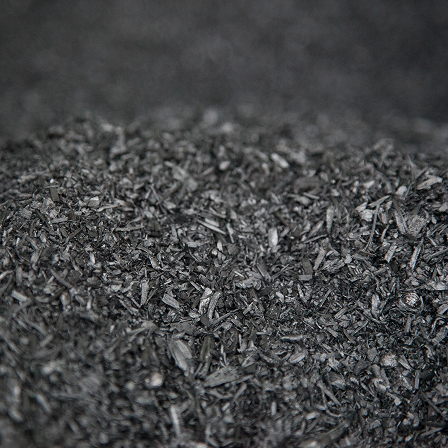Biochar is created through the pyrolysis or gasification of biomass.
Biomass
Biogenic material that is produced by living organisms. For example, crops and agricultural residues, forestry by-products, manure and other animal wastes, fruit seeds and stones, nut shells, and wood industry waste.
Gasification
A process where biomass is converted into syngas (synthesis gas) at high temperatures without combustion, in the presence of a controlled amount of oxygen or steam. Biochar is a byproduct of this process.
Pyrolysis
A process where biomass is heated to high temperatures in the absence of oxygen, causing it to chemically decompose. This process converts the biomass into solid carbon (biochar).
Carbon Sequestration
The carbon in the biomass, which was absorbed from the atmosphere during the life of the living organism, gets locked into the biochar. This process of capturing and storing atmospheric carbon dioxide is called ‘carbon sequestration’.
Biochar Carbon Removal is among the most durable Carbon Dioxide Removal (CDR) technologies currently available
Estimates of biochar's permanence, or the duration that its carbon content is retained, vary, often approximating around a thousand years. However, recent studies* indicate that under specific conditions, biochar could take approximately 100 million years to degrade and lose half of its carbon content.
*https://doi.org/10.1016/j.coal.2023.104409Uses for biochar
Agriculture
It can be used as an amendment for depleted or degraded soils, improving plant growth and enhancing crop yields. It also increases water-holding capacity and helps prevent nutrient losses from fertilizers.
Construction
It enhances material strength and is employed in building insulation and humidity control.
Water filtration
It absorbs contaminants and improves water quality.
Industrial uses
It is versatile, functioning as an additive in the production of plastics, paper, and textiles, and as an alternative to fossil fuels in metallurgy.
Why is biochar a smart investment?
- Biochar solves a waste problem by removing the need for disposal.
- It creates a material that is useful in different industries.
- Biochar credits are in high demand given their level of permanence and scarcity, trading for upwards of $140 per tonne of CO2*.
